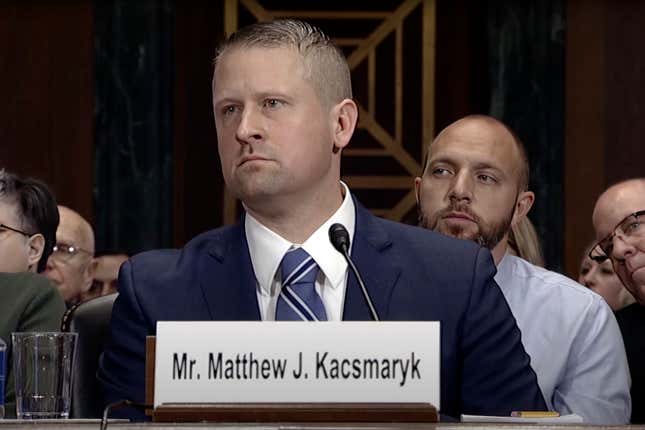Notorious Judge Sets Trial Date for ‘Sham’ Lawsuit That Could Bankrupt Planned Parenthood
Texas filed a lawsuit alleging Medicaid fraud in Judge Matthew Kacsmaryk's district, even though Planned Parenthood doesn't have any clinics there.
AbortionPolitics

Update 10/24/23: Instead of dismissing a meritless case about Planned Parenthood billing Texas Medicaid for providing services like birth control, Judge Matthew Kacsmaryk decided it should go to trial. He scheduled the trial for April 2024, meaning his ruling—and any appeals—will come out in the run-up to the presidential election. It’s possible the Supreme Court will release a ruling on the abortion pill around that time as well.
Original story from 8/16/23:
The federal judge who tried to ban the abortion pill will decide the fate of an absurd lawsuit against Planned Parenthood that could end up with the organization having to pay billions, bankrupting its Texas affiliates and possibly the entire organization.
The state of Texas and an anonymous plaintiff that goes by Alex Doe are suing the national Planned Parenthood and three affiliates in Texas and Louisiana, demanding that they repay at least $17 million in Medicaid funds. The case could also result in more than $1.8 billion in fines and penalties. They filed their lawsuit in Amarillo, Texas, where Planned Parenthood doesn’t have any clinics, but is where Judge Matthew Kacsmaryk, an anti-abortion who judge previously worked as a lawyer at a right-wing Christian legal organization, presides. Kacsmaryk held a hearing for the case on Tuesday.
-

-

-

-

-

-

-

-

-

-

-

-

-

-

-

-

-

-

-

-

-

-

-

-

-

-

-

-

-

-

-

-

-

-

-

-

-

-

-

-








































